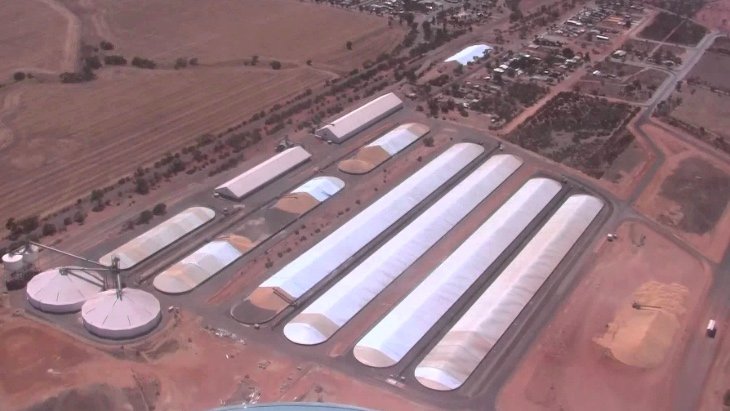The two big WA Co-Operatives
- By: "Farm Tender" News
- Farm Tender, DelayPay & Farm Inputs
- Jul 21, 2024
- 1148 views
- Share

To receive this newsletter in your inbox each day, just register with Farm Tender here.
By Dwain Duxson.
The two big WA Co-Operatives - This is a statement from one of our Farmers Club members who is commenting on the two Co-Operatives in WA. It makes for interesting reading and he is after some feedback. Take a read here:
“Hi Dwain. I note you lead the charge for topics to discuss and think about. I would like to ask you to perhaps ask for feedback on something that is probably unique to WA. We have two very important and financially significant co-operatives here in WA in CBH and WAMMCO. They compete with the private market here and both are price setters for buying grain and sheep. The rest of the market prices around them.
The Farmers Club - Non-Commodity Thinking Join The Farmers Club here.
What has happened in recent years is that both co-operatives have undercut the prices paid to their members for produce purchased in order to fund necessary capital expenditure. Because both co-ops command approx 50% of the market share, the private companies have benefited from their pricing strategy in significantly increased profits.
The recent 18 months of low Sheep prices in WA have driven more WA producers out of Sheep to Cropping. WAMMCO's recent rebate of $1.20 per kg over the hooks for Lamb, although it sounds good, would have been better given to WA sheep producers at the sale yards. I believe that if these co-operatives want capital for upgrades and improvements, they should be getting it from their members in whatever investment scheme they decide on so as not to be seen to be distorting the market. The Sheep market in WA prior to 18 months ago was actually gaining a bit of ground. It is currently losing ground, with estimates of there being a 25 per cent reduction in the breeding flock over that period in WA.
CBH did the same thing in 2021, where they distorted the Grain price that season by an average of about $70 per tonne. Costing grain growers over a billion dollars in lost revenue. This is very fundamental, Dwain, and I would like to hear some thoughts from your members”. Reply to dwaind@farmtender.com.au
End of message









Share Ag News Via